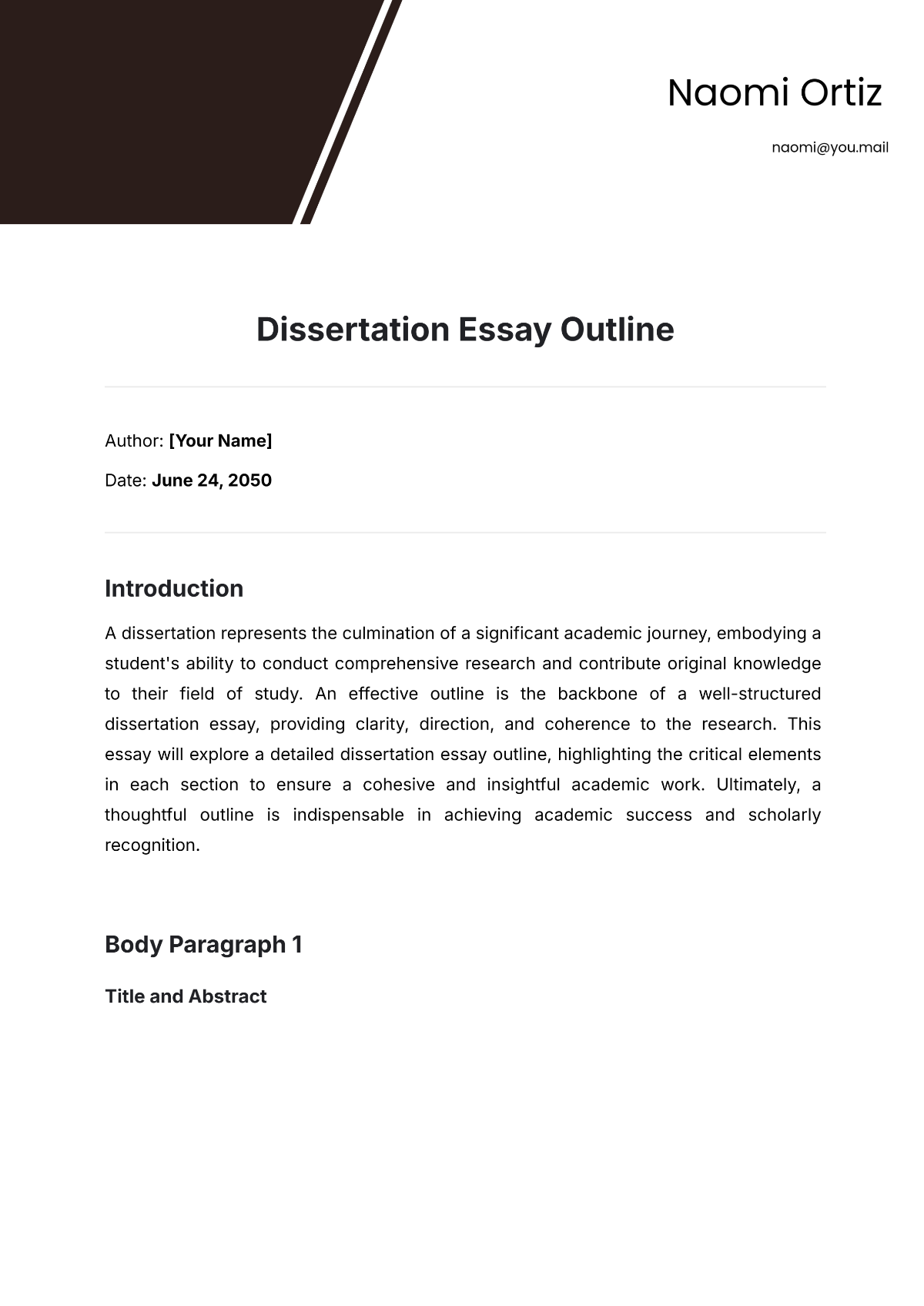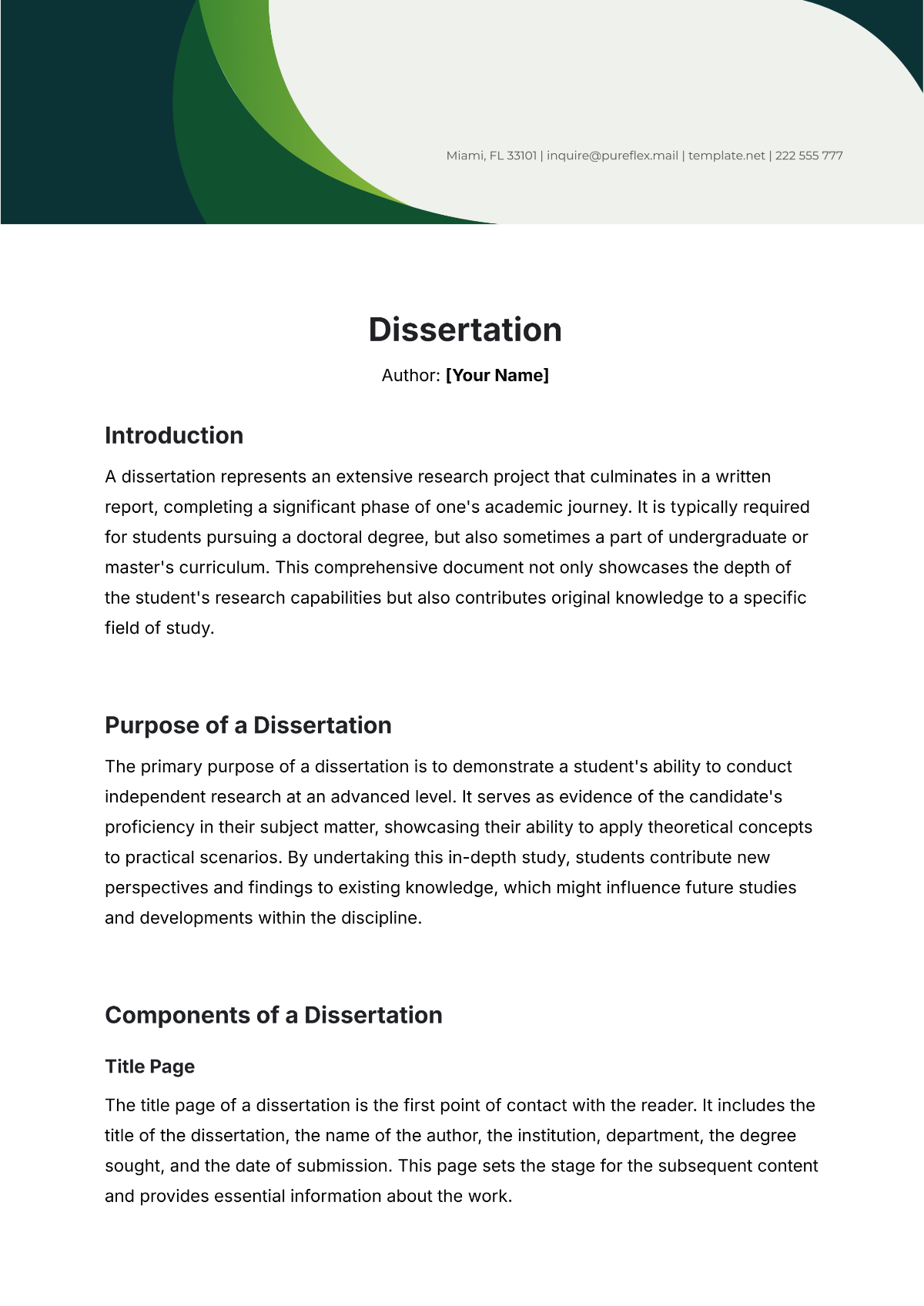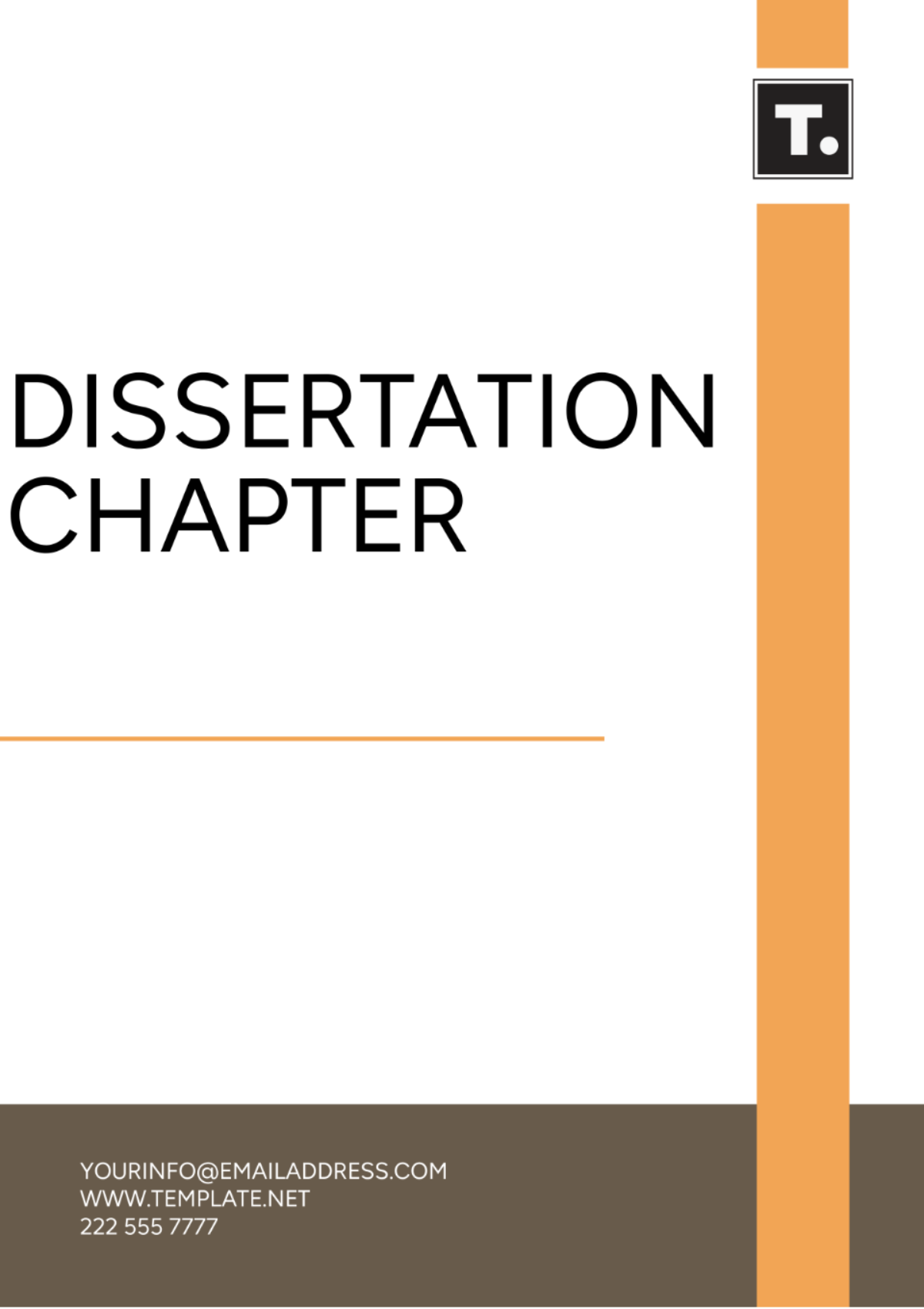Political Science Dissertation
Chapter 1: Introduction
1.1 Background of the Study
Electoral systems fundamentally shape democratic governance by influencing the distribution of political power. Proportional representation (PR) and first-past-the-post (FPTP) are two primary systems used in democracies worldwide. PR systems are designed to reflect the proportion of votes each party receives, while FPTP systems often result in a winner-takes-all outcome.
1.2 Research Problem and Questions
This study investigates how these electoral systems impact political representation. The main research questions are:
How does proportional representation compare to first-past-the-post in terms of inclusivity and representation of minority groups?
What are the consequences of each system for political stability and party diversity?
1.3 Objectives of the Study
To compare the effects of PR and FPTP systems on political representation.
To assess how these systems influence the diversity of political parties.
To provide policy recommendations for electoral reform based on empirical evidence.
1.4 Significance of the Study
This study provides insights into the effectiveness of different electoral systems in representing diverse populations. Understanding these impacts is crucial for designing electoral reforms that enhance democratic governance and ensure fair representation.
1.5 Structure of the Dissertation
The dissertation is organized into six chapters. The introduction outlines the study's context and objectives. The literature review examines existing research and theoretical frameworks. The methodology chapter describes the research design and methods. Results are presented and analyzed in Chapter 4, followed by a discussion of the findings in Chapter 5. The conclusion summarizes the study and offers recommendations for future research.
Chapter 2: Literature Review
2.1 Overview of the Literature
The literature on electoral systems includes a wide range of studies comparing PR and FPTP systems. PR systems are often associated with a more accurate representation of the electorate's preferences, while FPTP systems are known for producing decisive outcomes and stable governments.
2.2 Theoretical Framework
The study employs the theory of representative democracy, which posits that the primary role of electoral systems is to translate voter preferences into political representation effectively. This framework helps analyze how well different systems achieve representational fairness.
2.3 Key Debates and Gaps in the Literature
Key debates include the trade-offs between representational accuracy and governmental stability. Gaps in the literature exist in empirical comparisons of how these systems affect underrepresented groups and smaller parties in different national contexts.
2.4 Summary of Key Studies
Lijphart (year): Patterns of Democracy provides a comprehensive analysis of how electoral systems influence democratic governance.
Norris (year): Electoral Engineering examines the effects of various electoral systems on political behavior and representation.
Chapter 3: Methodology
3.1 Research Design
This study uses a comparative case study approach, focusing on Germany (PR) and the United Kingdom (FPTP). The comparative design allows for an in-depth analysis of how different systems impact political representation.
3.2 Data Collection Methods
Quantitative Data: Electoral results and party representation data from official sources, such as national electoral commissions.
Qualitative Data: Semi-structured interviews with political analysts and experts.
3.3 Data Analysis Techniques
Quantitative Analysis: Statistical methods to compare the representation levels of different political parties under PR and FPTP systems.
Qualitative Analysis: Thematic analysis of interview transcripts to identify key themes related to the impact of electoral systems.
3.4 Ethical Considerations
The study adhered to ethical guidelines by ensuring the confidentiality of interview subjects, obtaining informed consent, and ensuring the accuracy and integrity of data collection.
3.5 Limitations of the Study
Sampling Bias: Potential bias in the selection of interview participants.
Generalizability: Findings may not be directly applicable to other countries with different political contexts or electoral systems.
Chapter 4: Results
4.1 Presentation of Data
Table 1: Comparison of party seat distribution in Germany (PR) and the UK (FPTP).
Figure 1: Graph showing voter representation by party in both systems.
4.2 Analysis of Findings
PR System: Greater representation of smaller parties and minority groups.
FPTP System: Disproportionate advantage to larger parties, resulting in less diverse representation.
4.3 Summary of Key Results
PR systems are associated with more proportional representation and greater inclusiveness compared to FPTP systems, which tend to favor larger parties and reduce representation for smaller parties.
Chapter 5: Discussion
5.1 Interpretation of Results
The findings suggest that PR systems provide a more accurate reflection of the electorate's preferences, while FPTP systems may lead to the underrepresentation of smaller parties and minorities.
5.2 Comparison with Existing Literature
The results align with Lijphart's (1999) findings that PR systems are more inclusive but contrast with Norris's (year) view that FPTP systems provide more stable governments.
5.3 Implications of Findings
The study highlights the need for electoral reform in systems where representation is skewed. Adopting PR systems could enhance political inclusiveness and diversity.
5.4 Contribution to the Field
This research contributes to the literature on electoral systems by providing empirical evidence on how different systems affect political representation and inclusiveness.
Chapter 6: Conclusion
6.1 Summary of Findings
PR systems offer more equitable representation compared to FPTP systems, benefiting smaller parties and minority groups.
6.2 Contributions to Knowledge
The study provides new insights into the comparative effectiveness of PR and FPTP systems, contributing to discussions on electoral reform.
6.3 Recommendations for Future Research
Future studies could explore the impact of electoral systems on voter turnout and political engagement, as well as the effects in different cultural and political contexts.
6.4 Final Thoughts
Electoral systems play a critical role in shaping democratic representation. The findings underscore the importance of considering representational fairness in electoral reforms.
References
Lijphart, A. (year). Patterns of Democracy: Government Forms and Performance in Thirty-Six Countries.
Norris, P. (year). Electoral Engineering: Voting Rules and Political Behavior.

















































